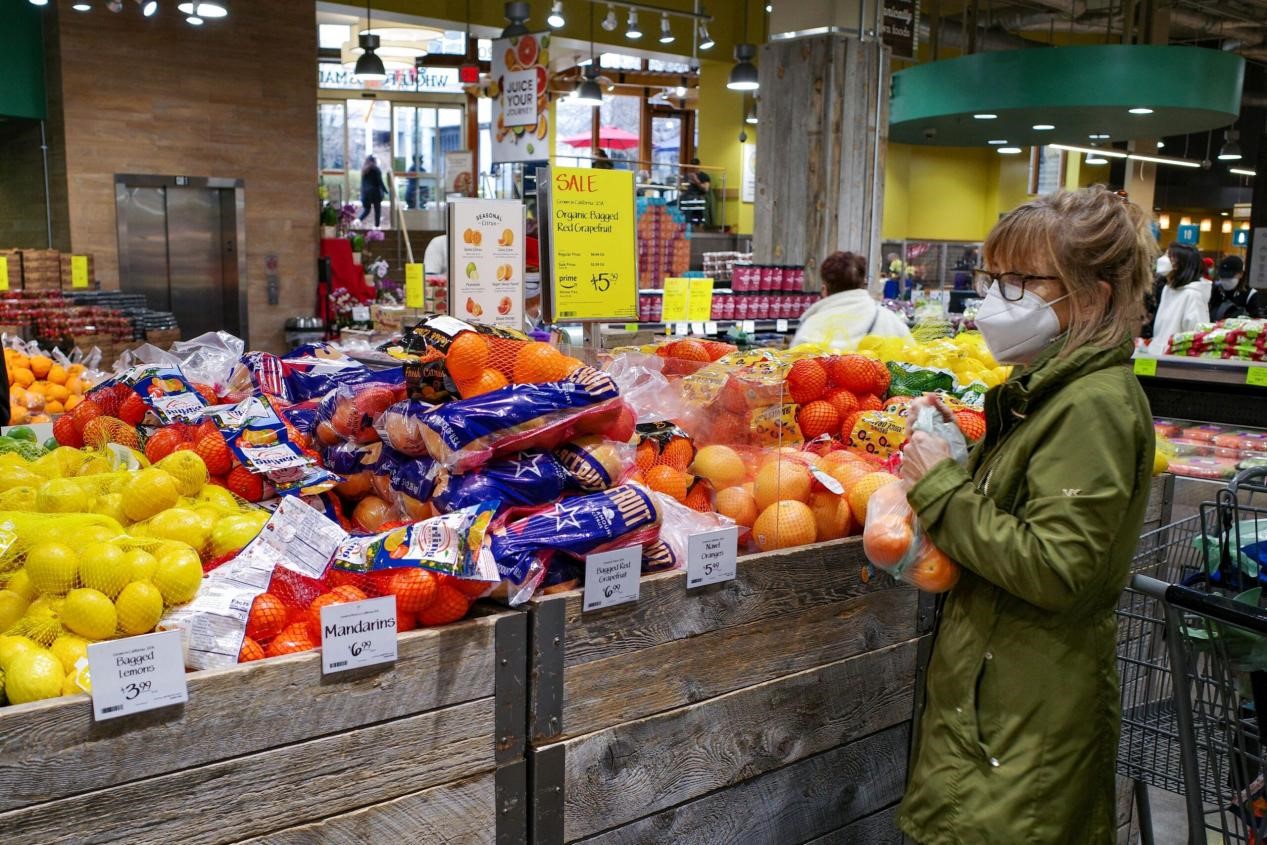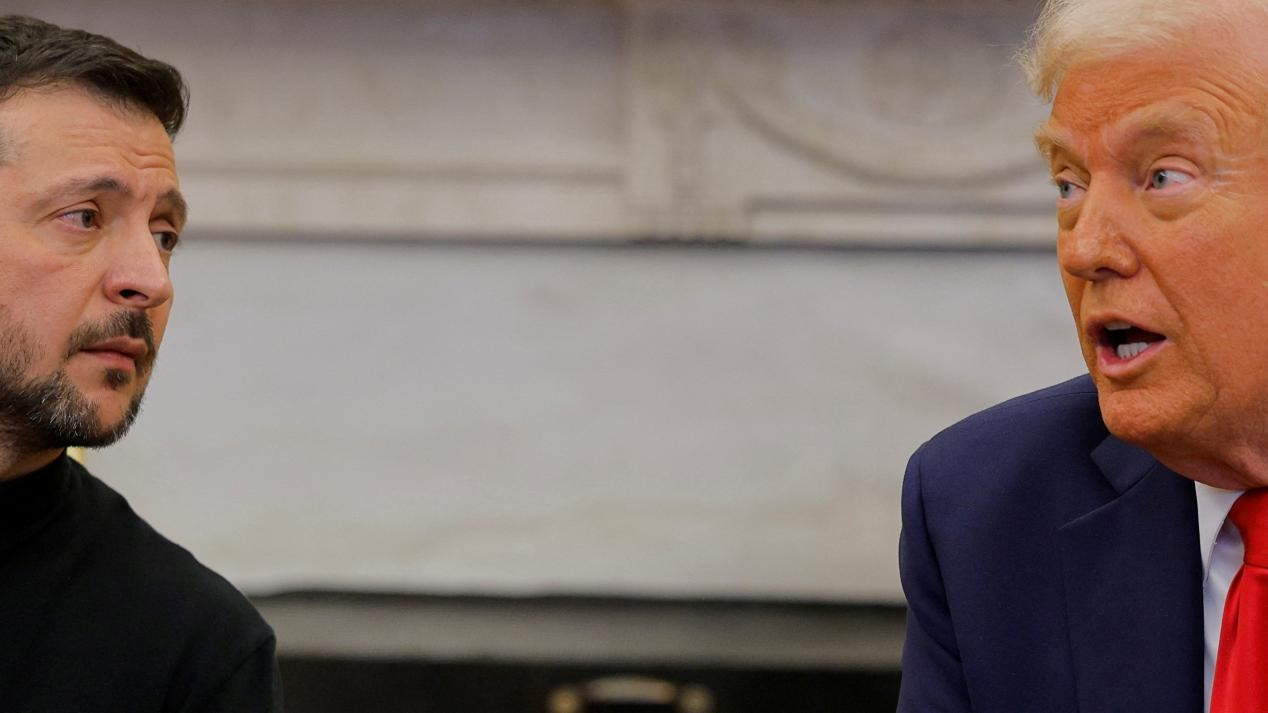Prices in UK shops are rising rapidly, suggesting the cost of living crisis is far from over.
The British Retail Consortium said store price inflation accelerated to 8.9% this month, the highest for the index since 2005 and up from 8.4% in February.
According to one of the country’s most prominent online grocers, deflationary inflation is prompting shoppers to buy fewer items. Ocado Group Plc said on Tuesday morning that the average number of items purchased per customer in its partnership with Marks & Spencer Group Plc fell 7.5% in the first quarter.
Ocado shoppers shrink shopping baskets under pressure from rising costs. On a call with reporters, Ocado Retail chief executive Hannah Gibson said that cost pressures are continuing and could drive up customer prices.
UK shoppers are increasingly turning to discount grocery stores, market data shows. Lidl was the fastest-growing supermarket in the four weeks to March 19, with sales up 25.8 per cent, Kantar said on Tuesday.
Meanwhile, Aldi’s market share hit another record high. The combined market share of the two German discounters is 17.3 per cent.
sticky inflation
Grocery price inflation hit another record high of 17.5%, according to data compiled by Kantar Worldpanel.
Data released overnight by the BRC showed food prices rose by 15% in March amid shortages of fruit and vegetables.
UK headline inflation unexpectedly rose in February for the first time in four months, led by food and drink prices.
According to an analysis by Retail Economics, the average British household has £76 ($94) less cash idle each month than it did a year ago.
“Store price inflation has not yet peaked,” BRC chief executive Helen Dickinson said. “Food price increases are likely to moderate in the coming months, particularly as we enter the UK growing season, but broader inflation is expected to remain elevated.”
Chocolate, confectionery, and soda prices rose sharply in March due to rising sugar costs. Fruit and vegetables were also more expensive after a lack of supplies of tomatoes, cucumbers and peppers from Spain and North Africa left shelves empty. In addition, import prices rose due to a weaker pound.








